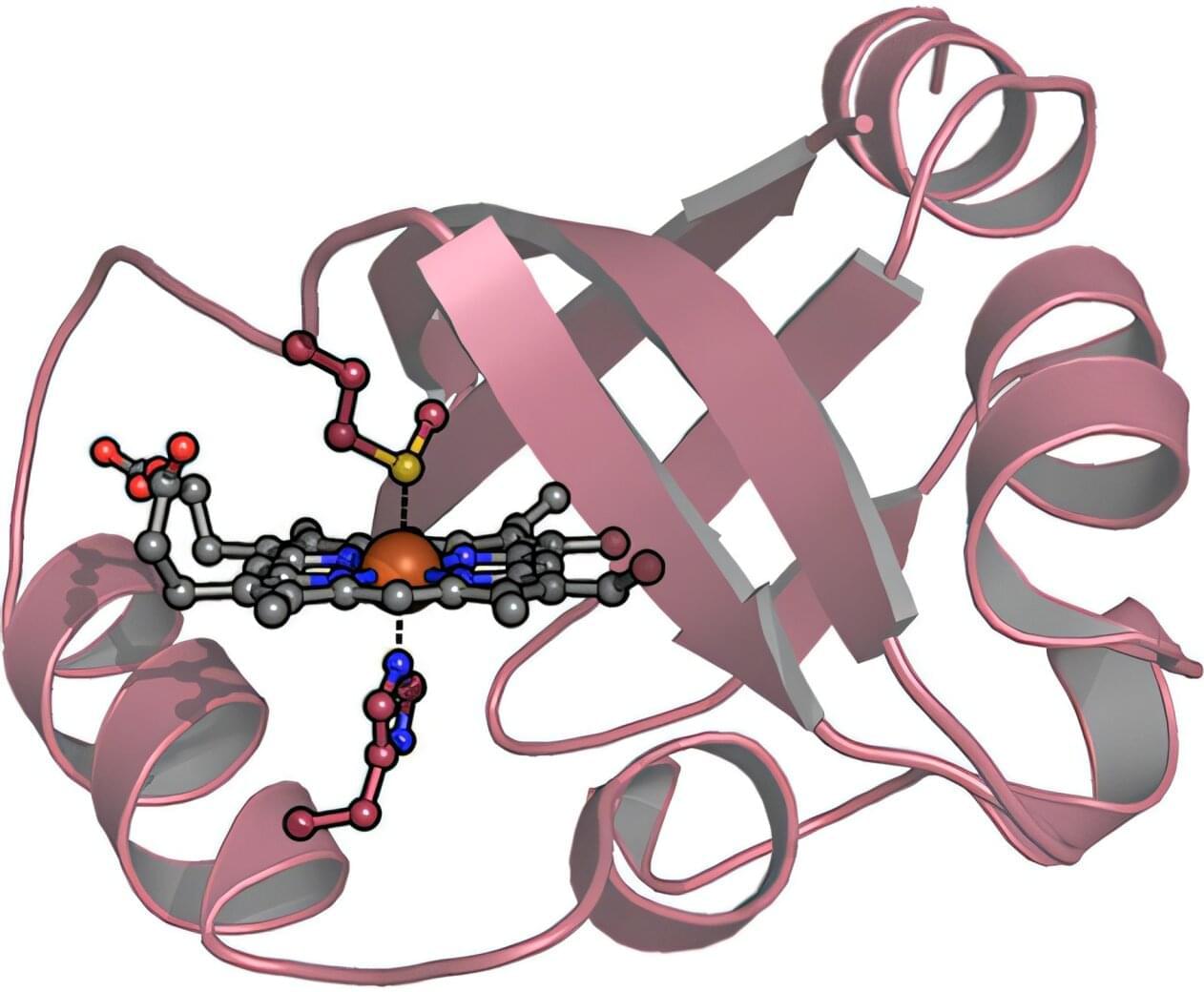University of Maryland School of Medicine (UMSOM) researchers, along with their colleagues, engineered a new molecule that appears promising as an effective antidote for carbon monoxide poisoning with fewer side effects than other molecules currently being tested, according to a new study published in the journal PNAS.
Carbon monoxide poisoning accounts for 50,000 emergency room visits in the U.S. each year and causes about 1,500 deaths. These deaths may occur when carbon monoxide released from combustion builds up in an enclosed space, which can result from ventilation failures in indoor natural gas burning equipment, or running gasoline generators or automobiles indoors or in a closed garage. Carbon monoxide poisoning is also associated with most fires from smoke inhalation.
Currently, the only treatments for carbon monoxide poisoning are oxygen-based therapies, which help the body eliminate the toxic gas. However, even with treatment, nearly half of survivors suffer long-term heart and brain damage. This has created an urgent need for faster, more effective therapies.
